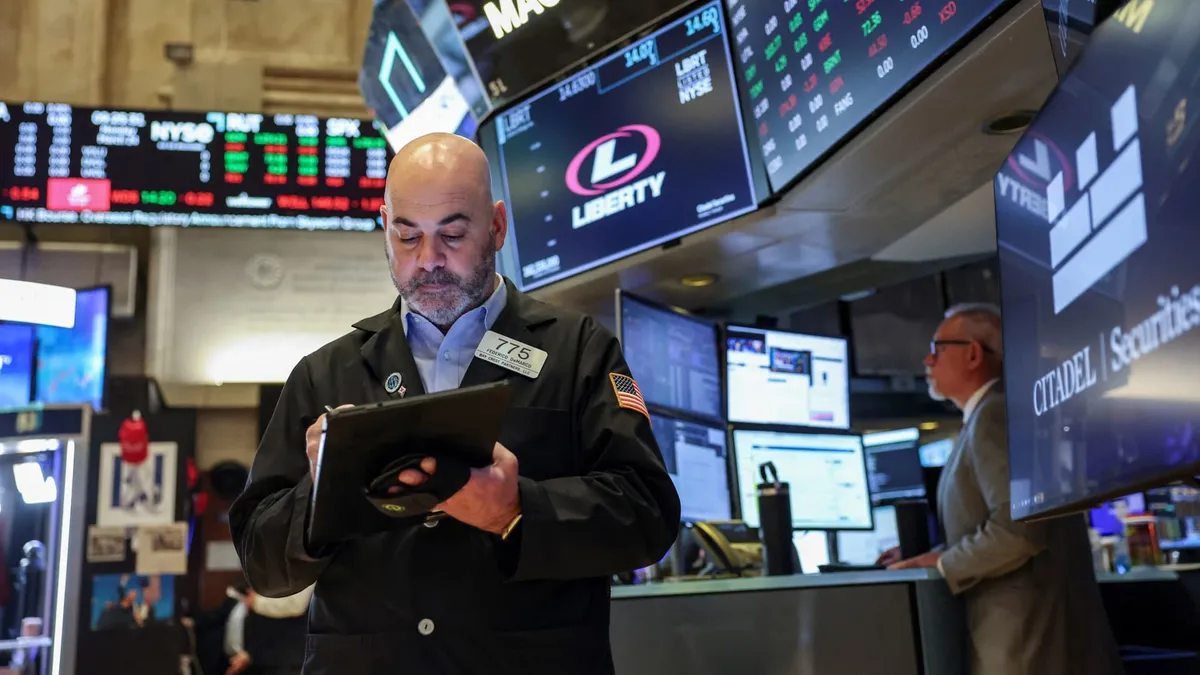
On Tuesday night, U.S. stock futures remained relatively unchanged, following a marginal gain in the S&P 500. This marked the third consecutive positive session for the index, reflecting investor optimism. Futures associated with the Dow Jones Industrial Average held steady, while S&P 500 futures and Nasdaq 100 futures both saw a slight increase of approximately 0.1%.
In a notable development, GameStop shares surged by 7% during Tuesday's extended trading hours. This increase followed the announcement that the company's board had unanimously approved a plan to invest corporate cash into bitcoin, mimicking a similar strategy adopted by MicroStrategy. This move underscores GameStop's efforts to diversify its investment portfolio and align with emerging trends in the cryptocurrency market.
Earlier in the day, the S&P 500 posted a modest gain, rising by 0.16%. The Dow Jones Industrial Average added 4.18 points, translating to a 0.01% increase, while the Nasdaq Composite rose by 0.46%. This consistent upward trend among the three major stock indices highlights a resilient market, even amidst economic uncertainty.
Despite the stock market's positive performance, the release of consumer confidence data on Tuesday indicated a concerning trend. The report revealed that U.S. consumers' near-term outlook regarding income, business conditions, and job prospects has dropped to its lowest level in 12 years. However, Paul Hickey, co-founder of Bespoke Investment Group, cautioned against interpreting this data as a clear signal of a looming recession.
Hickey commented during his appearance on CNBC's Closing Bell: Overtime, stating, "The soft data looks terrible. If you look at the soft data, you'd say we're in a recession right now — especially after today's consumer confidence report — but it's a matter of actions speaking louder than words." He emphasized that the hard data tells a different story, noting that indicators such as housing starts, building permits, industrial production, and new home sales have been either in line with or exceeded expectations.
In summary, while the stock market showcases positive trends, the underlying economic indicators present a more complex picture. As Hickey pointed out, "At this point, we haven't seen that transfer from not feeling good to actually not being good." Investors and analysts alike will continue to monitor both soft and hard data to gauge the future trajectory of the economy and the stock market.